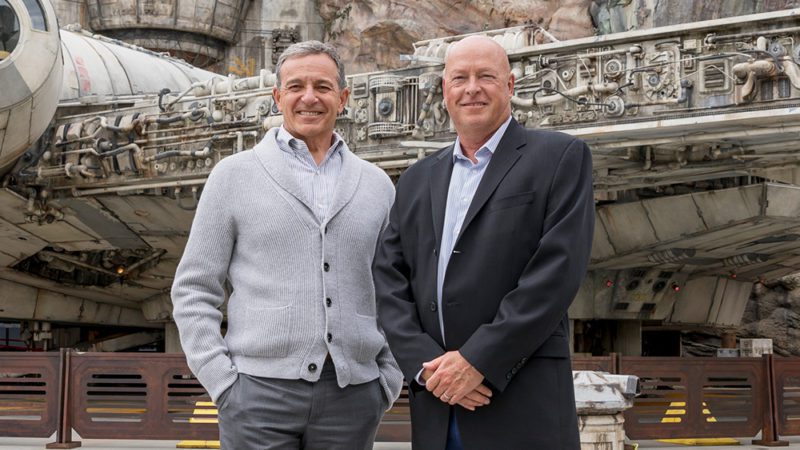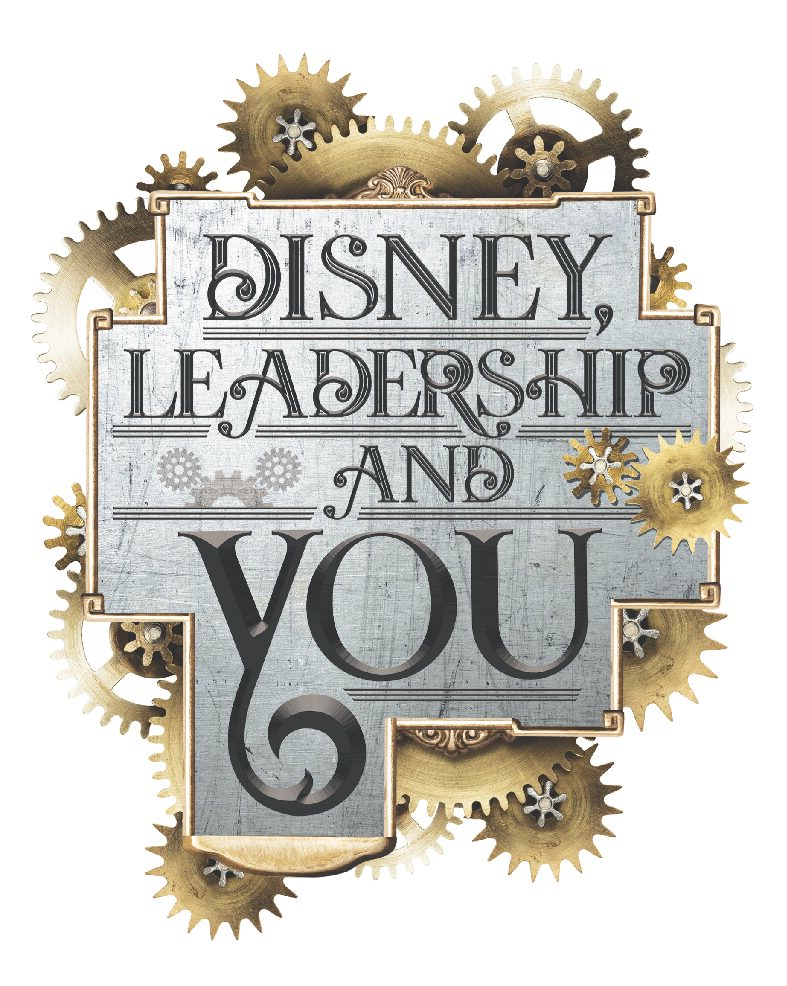The Grace of Iger on Eisner

Last week’s Business Week interview of Bob Iger on Disney California Adventure once again showed how a CEO takes the higher road when it comes to dealing with his former predecessor. While being questioned as to why Disney California Adventure needed so much reinvestment, it could have been very simple to have slammed Michael Eisner’s decision to cut costs and build on the cheap. Rather, Iger gives Michael the credit for the vision he had of making Disneyland into a resort, much like its sister attraction, Walt Disney World: “…Michael Eisner actually had a good concept, and that was to turn Disneyland into more of a destination resort. To do so, he wanted to build a second park–a second day–so that people would want to stay longer. And it coincided with us building a beautiful hotel, the Grand Californian.”
Admittedly, he back-pedals on earlier statements of calling Disney California Adventure a “brand eyesore” by noting how Steve Jobs would talk about brand deposits and brand withdrawals. But then, when asked how he learned the business he notes “Very generously, Michael included me in all of the work he was doing. I owe him a lot for that. I was his COO for five years. At that point, he had a lot of experience.”
He goes on to give examples of how Eisner had taught him to pay attention to detail when in the parks.
This isn’t the first time Iger has been so gracious about Eisner’s role. Five years ago in another edition of Business Week, that article went to say:
“Most of the good news at Disney since Iger’s ascension–the resurrection of ABC, the $2 billion Pirates of the Caribbean franchise, rising attendance at Disney’s U.S. theme parks–are the payoff of plans laid during the Eisner era. And though Iger was deeply involved in the revival at ABC, he is the first to give his predecessor credit: “It was because of Michael that I was able to hit the ground running,” he says.
Of course it was Michael Eisner who practically promoted Bob Iger to the position of CEO. But as noted in Disney War by James B. Steward, Eisner spent many a day deriding Iger. Even as early as Eisner’s time with Michael Ovitz, he noted that Bob Iger, in his mind, was considered a “problem” and should be replaced. Ovitz in testimony noted that Eisner was “very concerned about Mr. Iger’s ability creatively.”
Later, when suggesting succession to several members of the board, he picks Bob Iger over Ovitz “by a thousand fold.” But Eisner then backhandedly compliments Iger by saying, “He will not get the company into trouble. He is a corporate executive. He is not an enlightened or brilliantly creative man, but with a strong board, he absolutely could do the job.” Then Eisner suggested that they curb Iger’s authority including spending limits on TV shows and movies.
After Eisner left Disney and Iger finally became CEO, and in the process of mending ways with Steve Jobs and Pixar, Eisner came back to the board and tried to put the skids on purchasing Pixar. In the end, the board approved the purchase of Pixar. Ironically–with all of Radiator Springs, Monsters Inc. Mikey & Sulley to the Rescue, Toy Story Mania, and A Bugs Land being a major part of the park–it is doubtful that we would see a successful Disney California Adventure today if the Pixar team had separated ways with Disney earlier.
Probably Iger’s time with ESPN has paid off. He understands that it’s about being a team. As such, you don’t put down your fellow players. Iger calls it the Tom Murphy School of Management: “You put good people in jobs and give them room to run.”
It’s probably true that Iger observed that lesson from former ABC leader Tom Murphy. But I think he learned that lesson the hard way while working as COO at Disney. And I think the credit for learning how not to do it goes to Michael Eisner.
Ask yourself:
- What about you–is it hard to give credit and respect to those who have sometimes had it in for you?
- How do you get beyond that and see the positive of another’s contribution, when it isn’t always deserved?
- How do you learn those lessons and apply them to how you personally deal with others moving forward?





